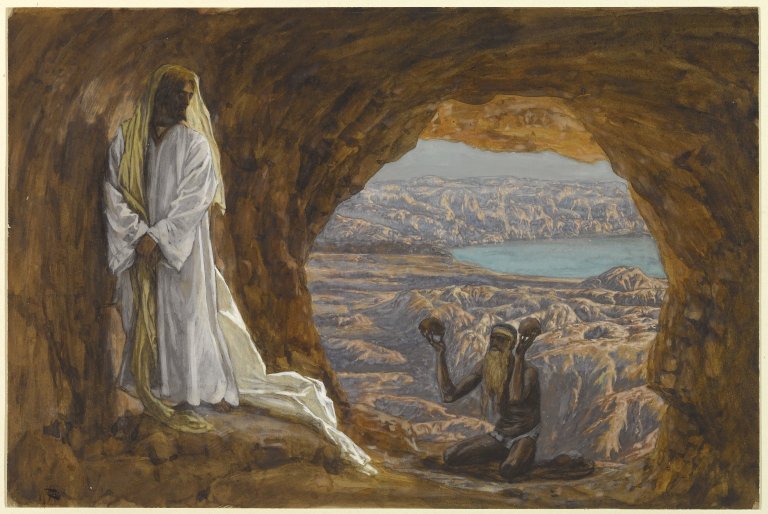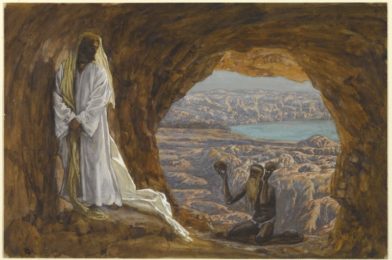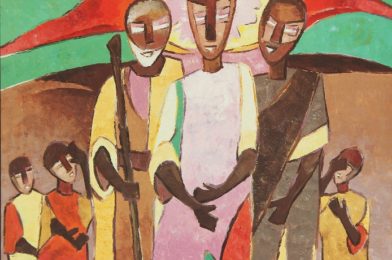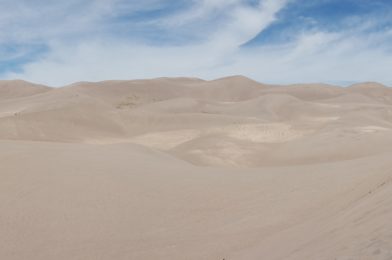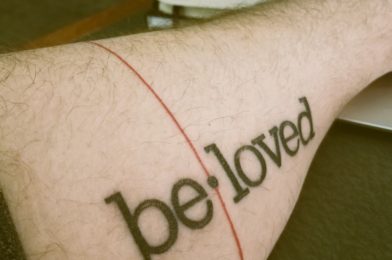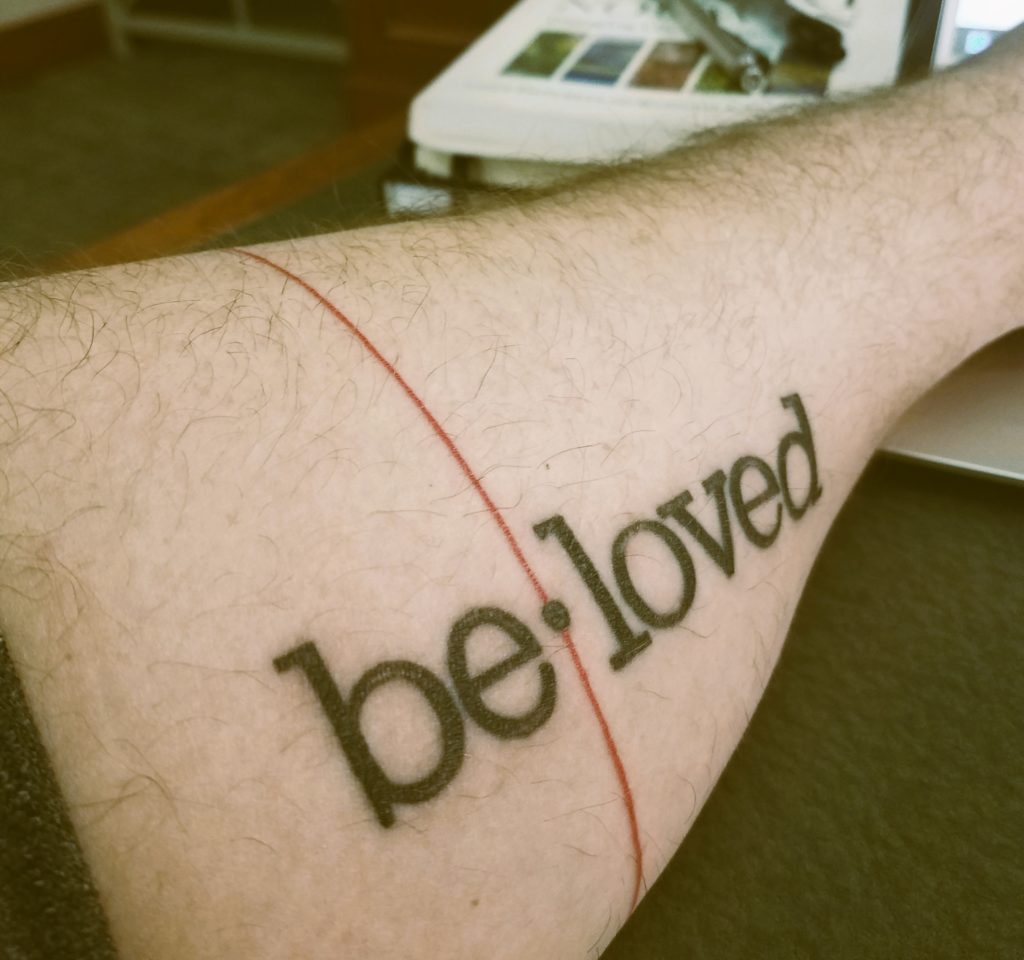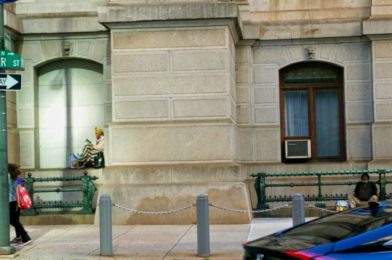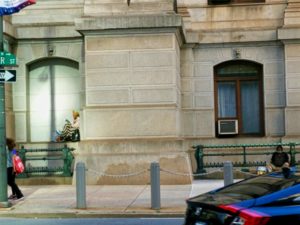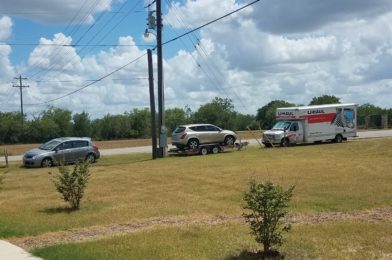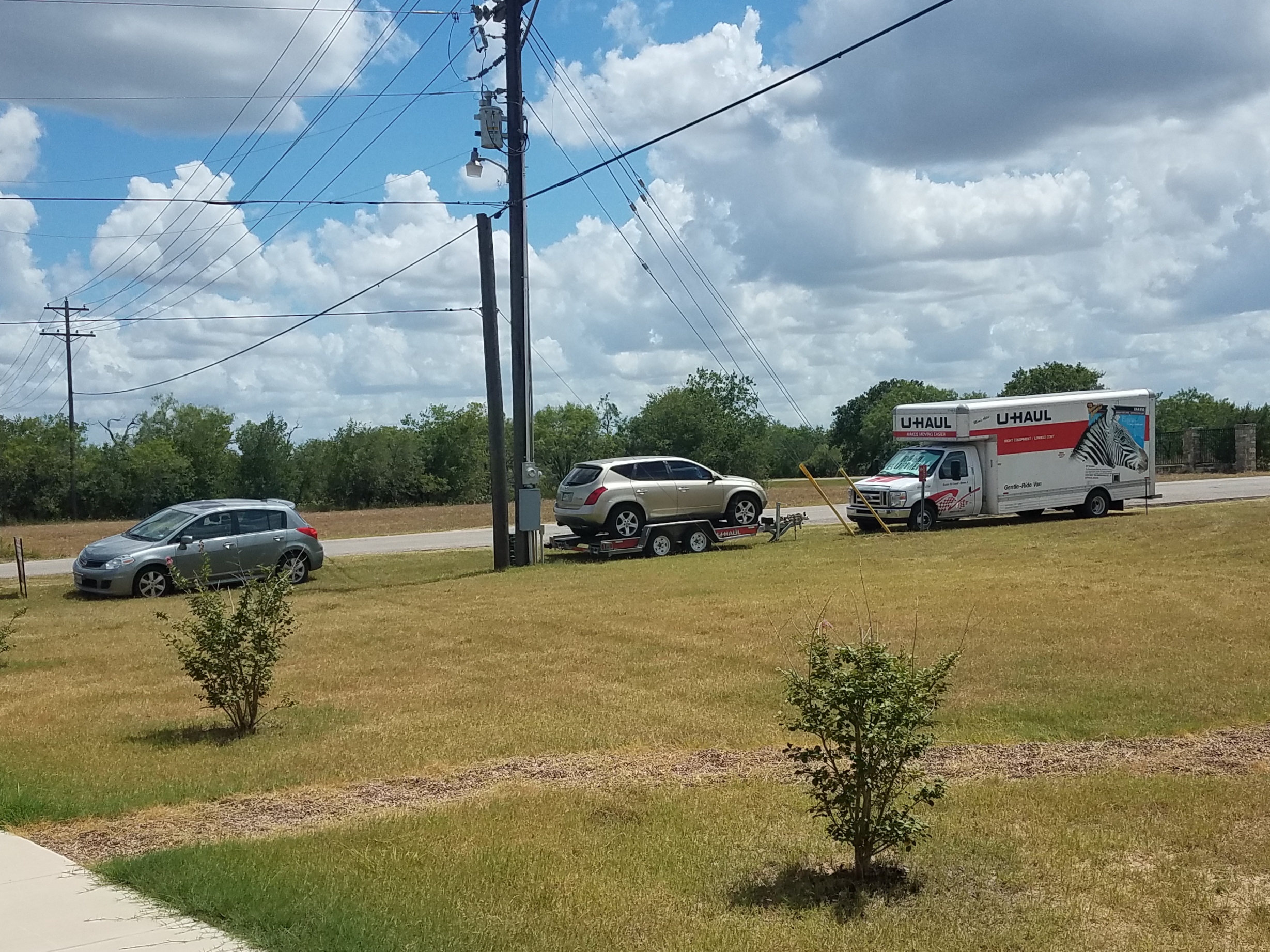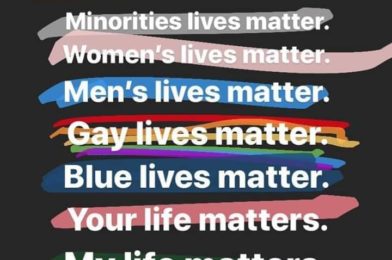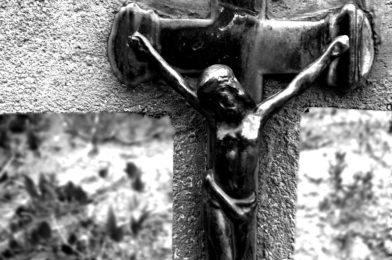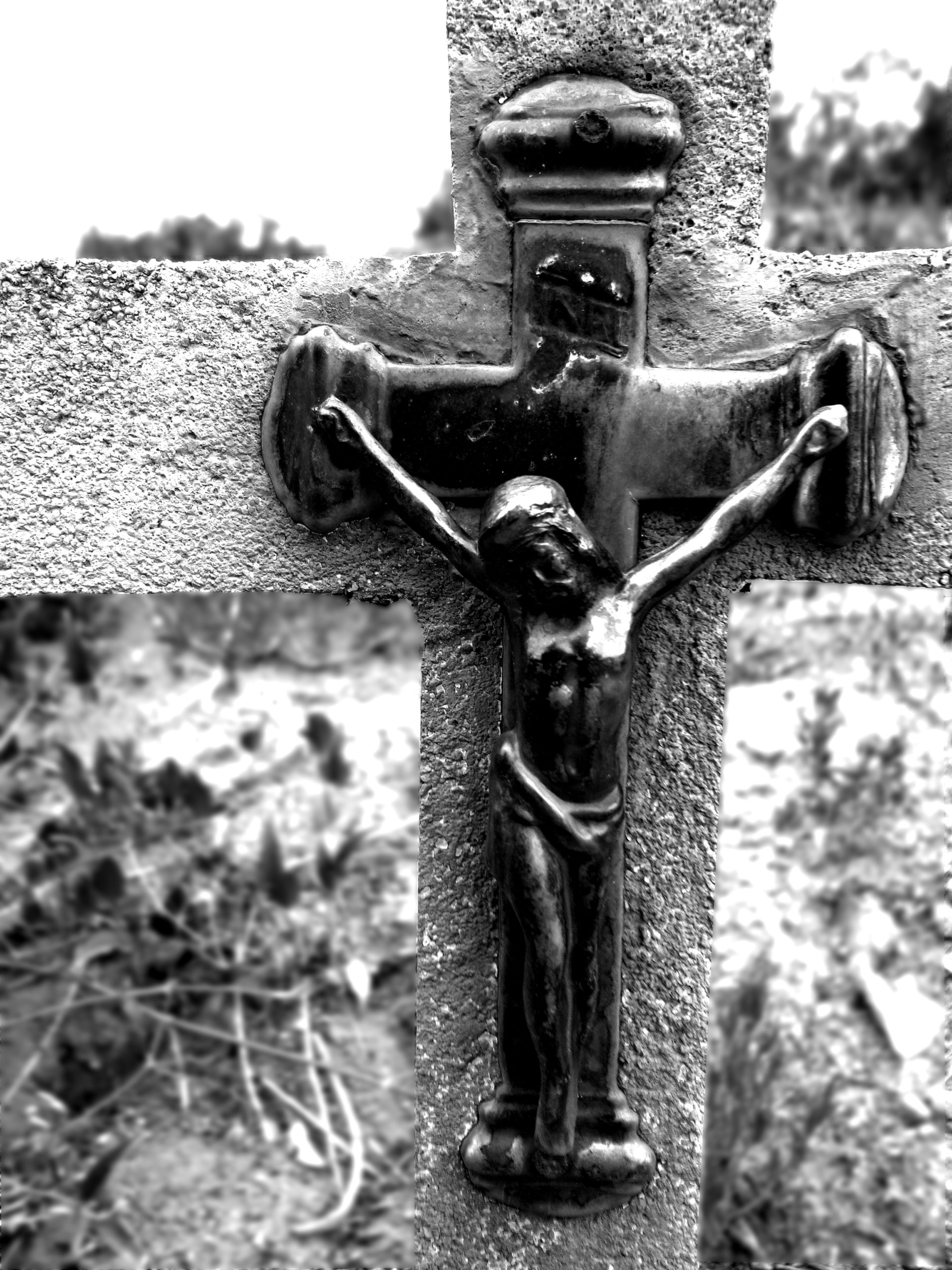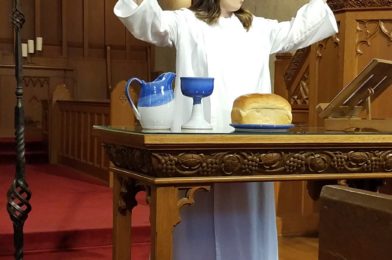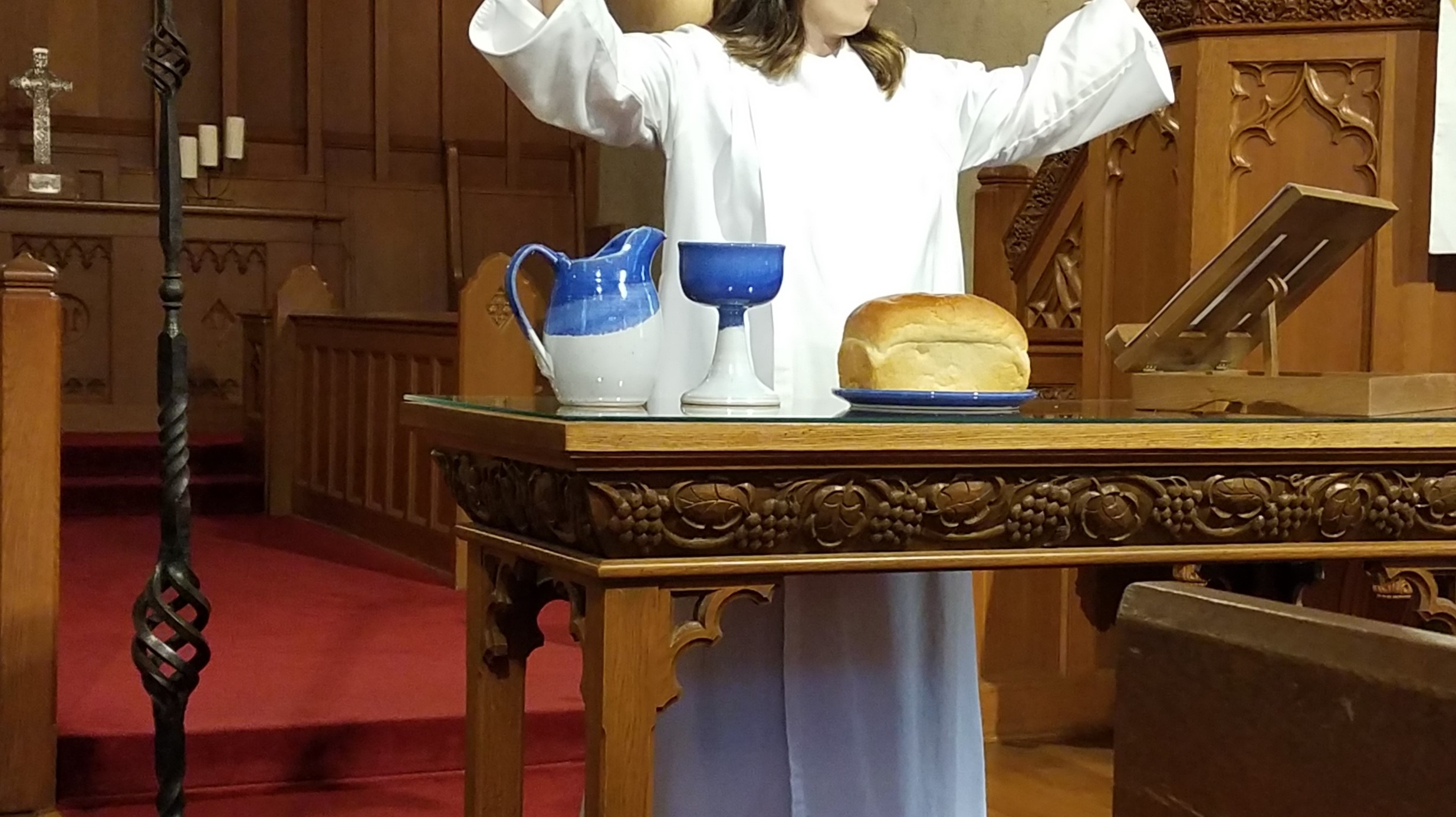[This is the text of the sermon delivered to First Presbyterian Church of Aurora, MO on July 4, 2021]
—–
The author of this morning’s passage to the church in Ephesus was writing to encourage them, to bolster their faith, and most importantly, to remind them of who they are: free people in service to God, called to live in the world and live out the kingdom experience for their neighbors. The author doesn’t suggest that the church in Ephesus live a good life – he begs them to live a life worthy of the people God has chosen to be God’s own; he begs them to live as a free people in God’s service. It’s language that’s pleasant to our ears, especially this morning.
We as Americans love our freedoms, don’t we? Our entire country is founded on the idea of freedom: on this date in 1776 our country’s forefathers met in Philadelphia, declared twenty-seven grievances against King George III, and summed up the entire document by saying “these united colonies are, and of right ought to be free and independent states; that they are absolved from all allegiance to the British crown, and that all political connection between them and the state of Great Britain, is and ought to be totally dissolved.”[i] With the signing of the Declaration of Independence 245 years ago, we as the United States declared our independence and freedom from the monarchy. We set aside this date to commemorate and celebrate our freedom, to reflect on the sacrifices made to be free, and to educate ourselves and those around us about our freedom.
The Presbyterians who signed the Declaration, and those of us who continue in this vein of Christianity acknowledge that our faith and civic lives are inextricably linked to one another, therefore we are committed to active civic engagement, responsible citizenship, and prophetic witness, striving diligently to ensure that all parts of our lives are good, right, and honorable. And when things aren’t good, right, and honorable, it is our duty to make them so. It is our calling as Americans to ensure that these hopeful and hope-filled words are upheld and achieved across our lands: “that all men are created equal, that they are endowed by their Creator with certain unalienable rights, that among these are life, liberty, and the pursuit of happiness.”[ii]
While the contents of this sentence are aspirational, they are not altogether unachievable, and our nation has made considerable strides to ensure that more and more of our citizenry is able to live out these unalienable rights. President Lincoln’s issuance of the Emancipation Proclamation in 1863 and the ratification of the thirteenth amendment in 1865 both freed our slaves and abolished slavery while simultaneously taking our nation a step further to ensure that each person in our nation could pursue their unalienable rights of life, liberty, and happiness.
As Dr. Martin Luther King, Jr. said, Lincoln’s decree “came as a great beacon light of hope to millions of Negro slaves who had been seared in the flames of withering injustice.”[iii] With the Emancipation Proclamation, millions of our nation’s slaves hoped that they would be able to live out the dreams of our nation’s forefathers, for – according to those forefathers – our black brothers and sisters had every right that our white brothers and sisters had: “all men are created equal.”
In the shadows of the Lincoln memorial in 1963, Dr. King reminded our nation of a brutally honest truth: “…one hundred years later, the Negro still is not free; one hundred years later, the life of the Negro is still sadly crippled by the manacles of segregation and the chains of discrimination; one hundred years later, the Negro lives on a lonely island of poverty in the midst of a vast ocean of material prosperity; one hundred years later, the Negro is still languished in the corners of American society and finds himself in exile in his own land.”[iv]
Dr. King’s often brutal honesty – not only in this speech, but in so many others – was not an outpouring of hatred felt toward oppressors but was instead the work of his faith seeking accountability for his patriotism; Dr. King was an honest patriot, a person who loved this country enough to remember its misdeeds[v] while also working to ensure that those misdeeds were not merely swept under the rug but were brought to the nation’s collective sight to educate and correct. Today, nearly sixty years since Dr. King’s words echoed across the grounds of the National Mall, we as a nation are still in those same struggles: our black brothers and sisters are still manacled and chained by segregation and discrimination.
While our country has worked to desegregate its schools, systemic racism in our education systems continue to divide our students. Black boys as young as ten are often mistaken to be much older, are more often perceived as guilty, and face police violence much more often than their white classmates.[vi] These deep-seated beliefs and misunderstandings lead to unfair treatment, more frequent suspensions and expulsions, and have fed the ‘school-to-prison’ pipeline. Our students of color are leaving schools in disproportionate numbers, and those who remain often find themselves in chronically underfunded schools and in districts with unlicensed educators.[vii] As they seek learning and education, our young brothers and sisters are still crippled by the manacles of segregation and the chains of discrimination.
While our nation’s legislators proudly signed into law the Voting Rights Act of 1965, they effectively washed their hands of any further work and, over the decades the bill has been whittled down, most recently this past week with the Supreme Court’s decision to uphold two Arizona laws which restrict voting for its citizens. Systemic racism in our elections has upheld voter suppression: enacting strict voter ID requirements and government-validated residential street addresses, felony disenfranchisement, and the denial of representation for US territories.[viii] Through unjust, racist voter suppression tactics meant to target people of color, our brothers and sisters are still crippled by the manacles of segregation and the chains of discrimination.
Our nation’s doctors take an oath to “do no harm or injustice”[ix] to their patients, yet systemic racism pervades even our medical spheres. Hospitals and clinics once designated for ethnic minorities continue to experience significant financial constraints, often under-resourced and under-staffed. Medical professionals’ implicit biases inadvertently permit black patients to receive less care and treatment compared to their white patients. In the past six months we have seen how COVID-19 treatments were quickly and effectively rolled out in white communities, while both testing and vaccines have been slow to find their way into communities of color.[x] Our brothers and sisters are sick and dying without treatment, still crippled by the manacles of segregation and the chains of discrimination.
While our nation’s military recruits men and women from all ethnicities, commanding officers of color are less likely to be taken seriously, to be respected, or to receive promotions. The military judicial system has “no explicit category for hate crimes, making it difficult to quantify crimes motivated by prejudice,” leading to soldiers with extremist views remaining in uniform. Persons of color are less likely to receive promotions, they experience flagrant racist epithets, and are not allowed to use protective hairstyles, leading to hair loss, scalp pain, and having to find ways to have straight, European hairstyles.[xi],[xii] While voluntarily and courageously serving our nation, our black brothers and sisters in uniform are still sadly crippled by the manacles of segregation and the chains of discrimination.
From sea to shining sea, systemic racism has pervaded our Church – not just in the deep south. Protestant denominations taught that the mark – the curse – of Cain was dark skin tone. They taught that the descendants of Ham would be cursed with dark skin and would face perpetual slavery for sin. Our own Presbyterian denomination preached that “Africans were cursed and deserved slavery for both their nature and their willful sin.”[xiii] One of the co-founders of my alma-mater in Austin – a Presbyterian Seminary – railed against radical social theories which asserted that all men are born free and equal[xiv] and pressed that “racial purity was the ultimate value, and racial segregation was essential to protect the purity of the white race.”[xv]
The White Church in America continues to ignore the racial injustices that pervade all spheres of life – even within its walls – by “responding to ‘black lives matter’ with the phrase ‘all lives matter’…by telling black people and their allies that their attempts to bring up racial concerns are ‘divisive’…that although the characters and the specifics are new, many of the same rationalizations for racism remain”[xvi] in these walls. We humbly pray that God’s kingdom come and be done here on earth as it is in heaven while we sit back and shrug our shoulders as our black brothers and sisters are still sadly crippled by the manacles of segregation and the chains of discrimination.
“We have been a country, and we have been a church, which has paid scant attention to the voices of people of color. We have been a country, and we have been a church, which has paid scant attention to the voices of women. We have been a country, and we have been a church which has paid scant attention to the voices of LGBTQ persons.”[xvii] We have been a country, and we have been a church which has paid scant attention to the voices of our veterans. We have, in the words of Letty Russell, accepted that “the marginalization of the powerless as a given.”[xviii] The manacles of segregation and the chains of discrimination placed on the arms of our black brothers and sisters are the result of our misdeeds, and we continue to let them remain.
On this Independence Day it is not my intent to make you feel uncomfortable, and if you feel that way I invite you to welcome those feelings as they come. It is my intent, however, that we become honest patriots like Dr. King who chose to love this country enough to remember its misdeeds – “those times and places where particular groups were denied equal protection under the law”[xix] Dr. King lived up to those words from Ephesians we heard earlier and lived in a way that was worthy of the people God has chosen. Always humble and gentle. Patiently putting up with each other and loving each other. Trying his best to let God’s Spirit keep hearts united. Doing all this by living at peace. Most importantly though, Dr. King knew that we were all part of the same body and he chose to tell the truth[xx] no matter how difficult it was to speak.
We must be committed to this same truth telling – even the truth make us feel uncomfortable. We must be committed to the truth because we are called to this work. We must be committed to the truth because dishonesty displays a fundamental lack of respect for other persons. We must be committed to the truth because dishonesty corrodes trust and weakens our ability to participate responsibly in the world.[xxi]
Ephesians commands us to stop lying and to start telling each other the truth. The truth, this morning, is that racism and oppression are not merely relics of the past, long since legislated away, but have an active and resounding role in every place and space in our great nation. Our lips may utter “all men are created equal” but our actions often tell a different story: racism is alive and well in the institutions and systems throughout America the Beautiful.
Owning up to this truth, claiming this truth, and living it out in the world is challenging and difficult, and in the case of Dr. King – and so many others like him – this honest patriotism led to his murder. But this work must go on. It must go on for Ahmaud Arbery, hunted down and murdered in a Georgia subdivision. It must go on for George Floyd, murdered on the streets of Minneapolis for suspicion of using a counterfeit twenty dollar bill. It must go on for Christian Cooper, a bird watcher in New York who was reported to the police because he asked a woman to put her dog on a leash. It must go on for the eight people murdered in a shooting rampage across three Asian spas in Atlanta. It must go on for French and William Godley and Eugene Carter, lynched without trial down the road in Pierce City in 1901, one of many public lynchings throughout southwest Missouri and deemed by some to be ethnic cleansing.
To find, speak, and continue speaking this truth we as honest patriots must do three things. First, we owe our nation our prayers for understanding and growth, offered to God with full belief that God hears these prayers. Second, we assume responsibility for our community, working in, with, and through the systems and institutions around us to root out all forms of racism, inequality, injustice, and misuses of power. Third, we call our nation, systems, and institutions to task when they fail in their obligations and, when necessary, we utilize the power of conscientious objection and civil disobedience.[xxii]
I know for some of us, Aurora feels far from racist as we go about our lives, hearing good talk from friends and neighbors. It’s easy to get into the cycle of thinking that racism doesn’t exist in Aurora because there’s only white people. If we’re honest patriots we should question this thought…we should question why our community is so white…we should question why the over sixty lynchings that occurred in our state continue to cast long shadows on this land. We should question why our neighbors feel comfortable flying confederate flags and using racial slurs in dinner conversations. If we’re proud to be in Aurora we should be taking some long, hard looks at our history, rooting out the spaces and places where our neighbors were denied equal protection under the law.
Friends, “if the Christian Church fails to address the complex and thorny issues of racism in our own time, we have failed our fellow believers, and our Creator.”[xxiii] Let us work on ourselves, striving to live as God’s beloved and chosen ones, maintaining unity and making peace. Let us stop lying to ourselves and each other, speaking truth, kindness, and mercy. May we stand today as honest patriots, working to shatter the manacles of segregation and dismantle the chains of discrimination so that all who are created equal may be treated equal, free to life, liberty, and the pursuit of happiness. In God’s mercy, may it be.
—–
Endnotes:
[i] Thomas Jefferson, et al, July 4, Copy of Declaration of Independence. -07-04, 1776. Manuscript/Mixed Material. https://www.loc.gov/item/mtjbib000159/.
[ii] Thomas Jefferson, et al, July 4, Copy of Declaration of Independence. -07-04, 1776.
[iii] Martin Luther King Jr., “I Have a Dream” (speech, Washington, DC, August 28, 1963), American Rhetoric, http://www.americanrhetoric.com/speeches/mlkihaveadream.htm.
[iv] Martin Luther King Jr., “I Have a Dream” (speech, Washington, DC, August 28, 1963).
[v] Donald W. Shriver, Jr. Honest Patriots: Loving a Country Enough to Remember its Misdeeds (New York: Oxford University Press, 2005).
[vi] Phillip Atiba Goff, PhD. and Matthew Christian Jackson, PhD., “The Essence of Innocence: Consequences of Dehumanizing Black Children” The University of California, Los Angeles. February 24, 2014. Accessed July 3, 2021. https://www.apa.org/pubs/journals/releases/psp-a0035663.pdf
[vii] Gillian B. White, “The Data Are Damning: How Race Influences School Funding” The Atlantic, September 30, 2015. Accessed July 3, 2021. https://www.theatlantic.com/business/archive/2015/09/public-school-funding-and-the-role-of-race/408085/; Joy Resmovits, “American Schools Are STILL Racist, Government Report Finds”, Huffpost, March 21, 2014. Accessed July 3, 2021. www.huffingtonpost.com/2014/03/21/schools-discrimination_n_5002954.html
[viii] Danyelle Solomon, Connor Maxwell, and Abril Castro, “Systemic Inequality and American Democracy” Center for American Progress, August 7, 2019. Accessed July 3, 2021. https://www.americanprogress.org/issues/race/reports/2019/08/07/473003/systematic-inequality-american-democracy/
[ix] “Greek Medicine” History of Medicine Division, Nation Library of Medicine, February 7, 2012. Accessed July 3, 2021. https://www.nlm.nih.gov/hmd/greek/greek_oath.html
[x] “Systemic Racism and Health Care, COVID & Treatment” National Institute for Health Care Management, February 11, 2021. Accessed July 3, 2021. https://nihcm.org/publications/systemic-racism-health-care-covid-treatment
[xi] Andrea M. Peters, “One Proposal for Improving Army Inclusivity for Women of Color: Update Hair Regulations” Military.com, August 21, 2020. Accessed July 3, 2021. https://www.military.com/daily-news/opinions/2020/08/21/one-proposal-improving-army-inclusivity-women-of-color-update-hair-regulations.html
[xii] Jon Niccum, “Army’s Conflicting History of Haircuts and Racial Identity Explored in New Article” The University of Kansas, December 9, 2019. Accessed July 3, 2021. https://news.ku.edu/2019/12/06/army%E2%80%99s-conflicting-history-haircuts-and-racial-identity-explored-new-article-2
[xiii] Jack Rogers, Jesus, the Bible, and Homosexuality: Explode the Myths, Heal the Church (Louisville: Westminster John Knox Press, 2009), 19.
[xiv] Robert L. Dabney, “Anti-Biblical Theories of Rights,” Presbyterian Quarterly 2, no. 2 (July 1888): 215-42, 219.
[xv] Jack Rogers, Jesus, the Bible, and Homosexuality, 25.
[xvi] Jemar Tisby, The Color of Compromise: The Truth About the American Church’s Complicity in Racism (Grand Rapids: Zondervan, 2019).
[xvii] Presbyterian Church (U.S.A.), A Resolution on Honest Patriotism (Louisville: Presbyterian Church (U.S.A.), 2018), 13.
[xviii] Letty Russell, Church in the Round: Feminist Interpretation of the Church (Louisville: Westminster/John Knox Press, 1993), 35.
[xix] Presbyterian Church (U.S.A.), A Resolution on Honest Patriotism, 2.
[xx] Ephesians 4:1-3; 25
[xxi] Presbyterian Church (U.S.A.), A Resolution on Honest Patriotism, 8-10.
[xxii] Presbyterian Church (U.S.A.), A Resolution on Honest Patriotism, 14-15.
[xxiii] Dennis Hollinger, “Racism and the Church: How Should We Respond?” Center for Pastor Theologians, September 29, 2020. Accessed July 3, 2021. https://www.pastortheologians.com/articles/2020/9/29/racism-and-the-church-how-should-we-respond#_edn1
